East Antrim battle ends with UKIP booted out of race
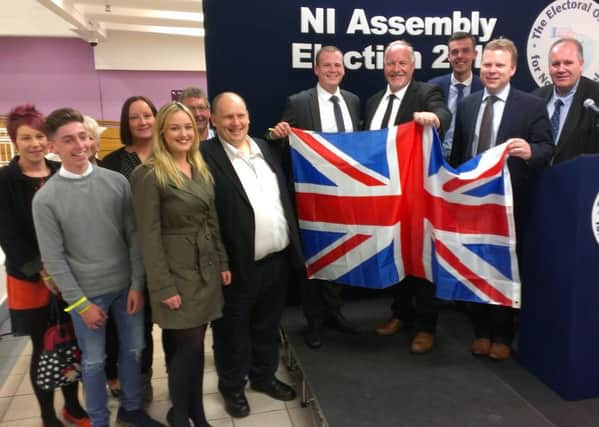

The constituency now has exactly the same political make-up as it did in 2011 when the last Assembly elections were held.
The winning candidates, in order of election, are as follows:
David Hilditch, DUP.
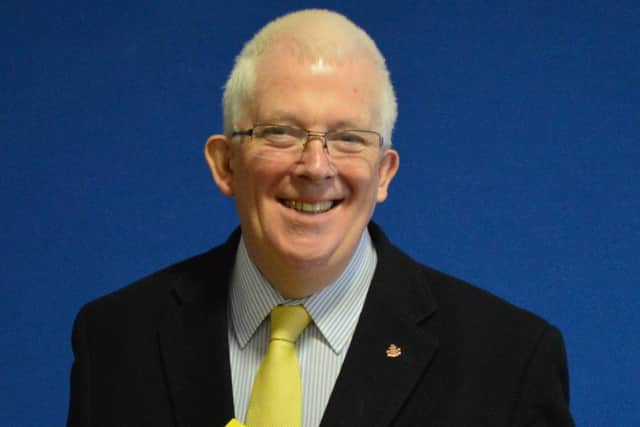

Advertisement
Hide AdAdvertisement
Hide AdGordon Lyons, DUP, and Roy Beggs, UUP (announced at the same time).
Stewart Dickson, Alliance.
Alastair Ross, DUP, and Oliver McMullan, Sinn Fein.
The vote-counting had ended at about 10pm on Friday with only the first three candidates revealed.
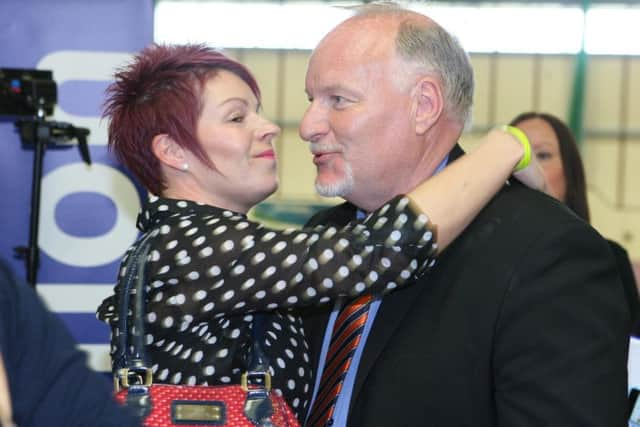

It resumed at around 9am on Saturday, and shortly afterwards Stewart Dickson secured a seat.
However, as midday approached it still looked touch-and-go for the DUP.
The remaining candidates at the 10th vote stood as follows:
Noel Jordan, UKIP: 2,986.
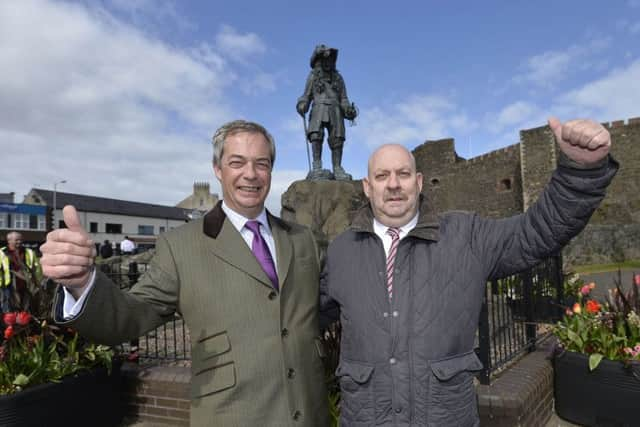

Oliver McMullan, SF: 3,470.
Alastair Ross, DUP: 3,108.
John Stewart, UUP: 2,621.
Advertisement
Hide AdAdvertisement
Hide AdHowever, Mr Stewart was eliminated and by the time all transfer votes were fully apportioned out on the 12th count, it appeared that it was Sinn Fein whose seat came close to being seized.
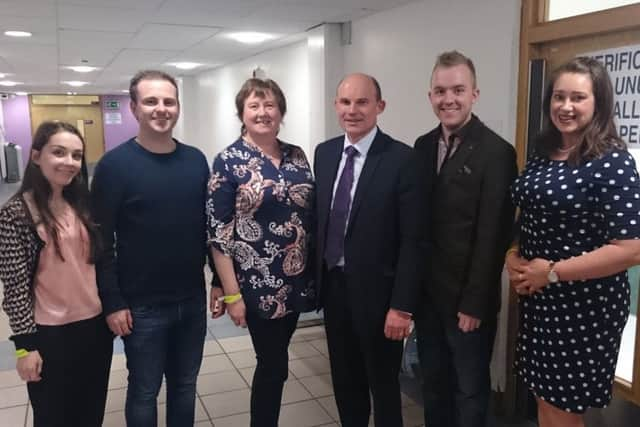

The final vote tally was:
Noel Jordan, UKIP: 3,567.
Oliver McMullan, SF: 3,672.
Alastair Ross, DUP: 4,096.
Mr Jordan was therefore eliminated.
UKIP has never had an elected MLA in Northern Ireland, with UKIP leader David McNarry only having a seat because he was elected as a UUP man, and then later changed his allegiance.
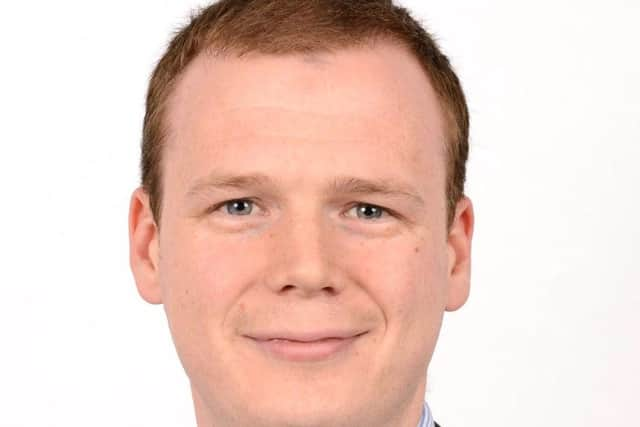

Looking overall at the seat, David Hilditch led the pack by a wide margin as he sailed in to retake his seat as an MLA.
The Carrick Rangers FC chairman won 5,906 first preference votes, putting him well ahead of his colleagues and rivals.
Advertisement
Hide AdAdvertisement
Hide AdThe countdown to the results has been just the latest nerve-shredding experience for him.
Last Saturday his team performed what must be among the most remarkable comebacks in Irish League history; facing premiership relegation if they lost, they fought back against a near-certain 1-0 defeat to win, scoring goals in the 89th and 91st minutes.
Asked which experience was the hardest to bear – waiting for the match results or the election count – he said: “Potentially waiting for Carrick, I think.”
He recalled having gone from “feeling physically sick” to elated during the match, adding: “But it’s obviously nerve-wracking here too – it’s hard to tell. You’re highly involved in both arenas.”
Advertisement
Hide AdAdvertisement
Hide AdHowever, Mr Hilditch’s winning lead is well behind that of Sammy Wilson, who polled 7,181 first-preference votes in 2011 but has had to stand aside from the running to concentrate on his job as an MP for the area.
Mr Hilditch said: “I think when you lose a big hitter, there’s always that problem.”
He said his priorities were now going to be health and education.
Turnout was up on 2011, standing at 51.01 per cent today, against 47.75 per cent then.
However it is below the 2007 level (53.46 per cent), and even further below that of 2003 (56.50 per cent).